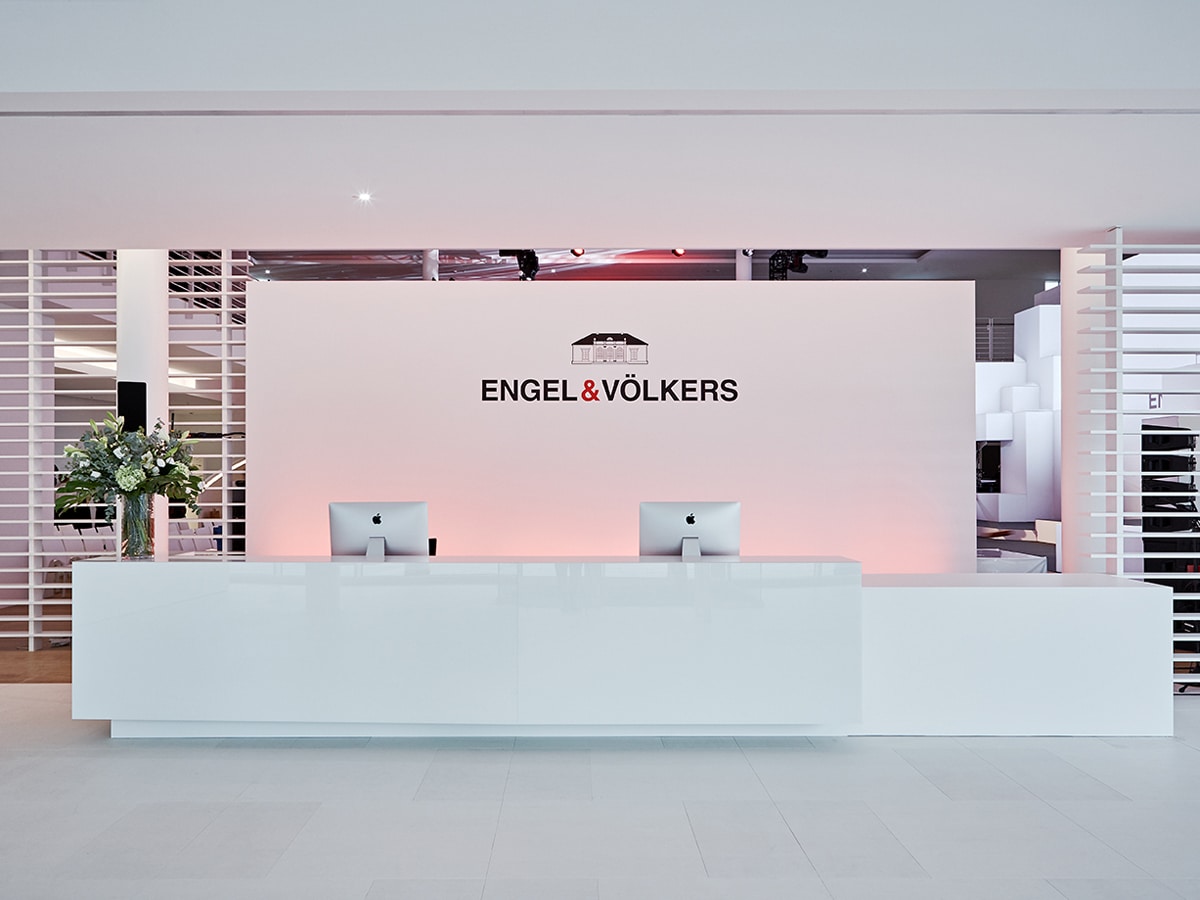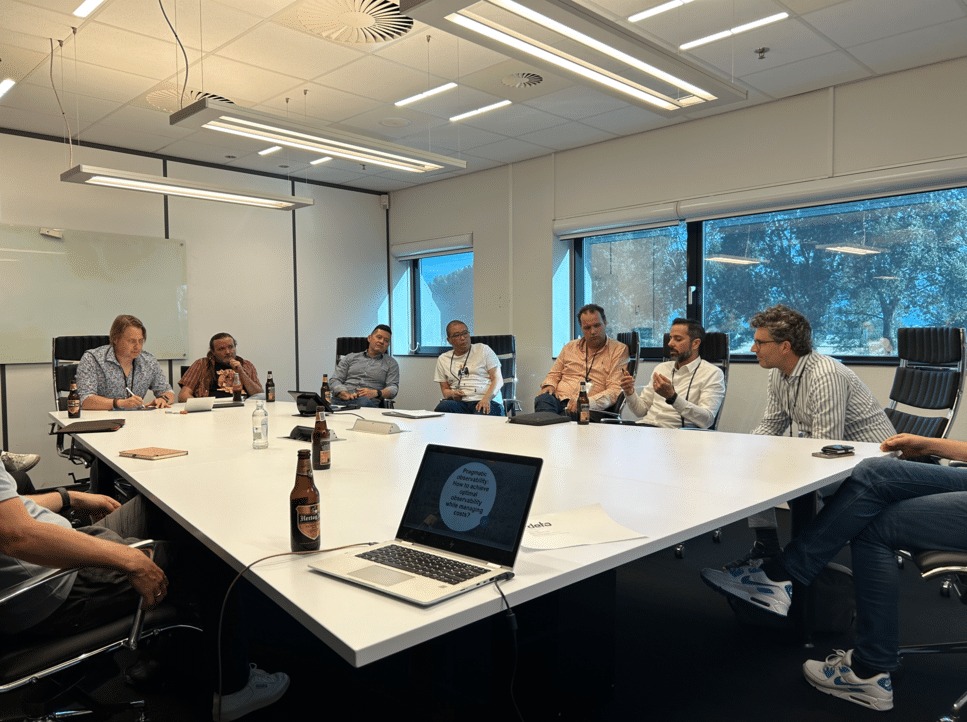Here at Third Republic, we often speak about how consumer behaviours are changing and the effects this is having on the recruitment industry. As society becomes digitally native, people are looking for work in new ways, and are managing their careers differently. At Third Republic we believe the industry needs to start adapting to these changes.
I recently sat down with Co-Founder of Third Republic, Mat Roche, in order to provide you with further insight into the changing world of recruitment and how we at Third Republic, ensure that we’re always providing both clients and candidates with a stand-out service.
Third Republic (TR): How have changing consumer behaviours and the rise in digital and technology altered the recruitment industry?
Mat Roche (MR): Changing consumer behaviours are disrupting every industry today, and we believe that the recruitment industry is no different. New societal norms, driven by the move to the digital age and characterised by the increased demand for speed and convenience, are altering the way that people are managing their careers and looking for work.
However, the staffing industry remains oblivious to this evolution; recruitment agencies are not moving with the times and the industry as a whole is stagnating. Recruitment agencies and businesses alike are using increasingly outdated methods to source their talent; relying on platforms like LinkedIn and mass transactional mailing, without realising that candidate behaviour has changed.
At Third Republic, we have moved away from the Spray and Pray era and towards the Digital Era of recruitment – we call this recruitment transformation. As such, our vision is to transform the way that businesses hire advanced technology skills by building an agency that is moving with the times.
TR: In your eyes, what sets Third Republic apart from other agencies on the market?
MR: Our philosophy, our core beliefs and our understanding that the market is changing, sets us apart from others in our industry because we see the trends that our competitors don’t.
Other agencies are the same now as they were ten years ago, but we realise that people are managing their careers differently and so we have to source differently.
This awareness is our unique selling point and enables us to adapt in order to identify and engage top-rated talent.
TR: What techniques do you use in order to stay ahead of emerging developments within the industry?
MR: We are obsessed with increasing our awareness of talent acquisition, the evolution it is going through, emerging trends and new innovations. It is our duty to our clients to do this, to keep learning and to continuously improve our ability to source talent for them.
This is one of the reasons why we invest considerable time and efforts into our thought leadership blogs such as our #TalentQA series; where we interview thought leaders from the talent acquisition industry on a weekly basis in order to facilitate learning.
Organising meet-ups which focus on learning and development is another technique we employ to stay ahead of the market; and the insights we get by talking to tech and other industry thought leaders is invaluable when it comes to shaping our businesses and ensure a competitive edge.
TR: Could you explain the importance of ratings, reviews and candidate experience in today’s Digital Era of recruitment?
MR: In the same way that Trip Advisor has professionalised the hospitality and leisure industries, we realise that ratings platforms are the best way to get recruitment companies thinking about their customer experience.
As a result, we encourage every client we work with to leave us a Trustpilot review, in a bid to make ourselves, and our brand, publicly accountable for how we act and treat our customers. As the top-rated agency in the UK on the Trustpilot platform, we are incredibly proud of our 4.9/5 rating.
Internally we maintain a clear code of conduct – termed ‘The Code’ – which is very much centred around our customer service and our value. This focus ensures that every member of Third Republic operates within clear and expected behaviours that ensure the best possible outcome for our clients.
In addition to this, we also operate NPS as a way of getting valuable feedback on our performance.
TR: How important do you think agency culture is to achieving success in the changing world of recruitment?
MR: I think it’s essential – here at Third Republic, we believe that that working culture in most agencies is not in line with the market. Even if working practices and recruitment methods haven’t evolved in ten years, the demographic of people working for these agencies definitely has.
However, agencies aren’t built for Millennials and Generation Y, leading to conflicts in methodologies and beliefs, and a huge level of dissatisfaction in recruitment agencies.
We are evolving our methods to be in line with modern recruitment, but also evolving our culture to be in line with the people who work for our firm.
Additionally, we have built our business around transparency, autonomy, independence, trust and entrepreneurialism, and we are focused on creating a culture that breeds intrinsic motivation for our employees.
TR: Finally, what does the future hold for Third Republic?
MR: Despite experiencing YoY growth for four consecutive years now, we are not driven by results, or how big we are going to be. The vision behind the business is to transform the way that companies go about hiring next generation skills to drive digital transformation.
We’re building the agency of the future. We understand that the marketplace is changing, and that disruptive businesses need to be able to leverage the technologies that enable them to fill their critical roles.
If you want to take a step into the future of recruitment, get in touch with us today to start your Third Republic journey.




